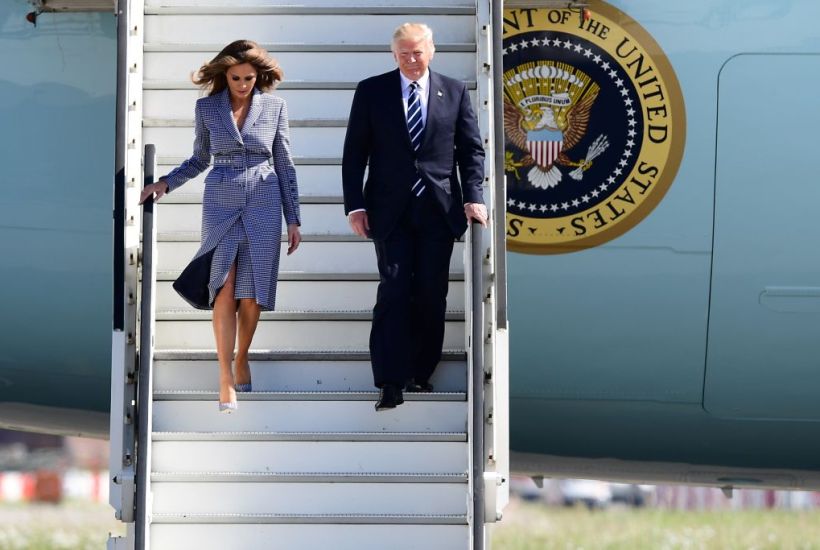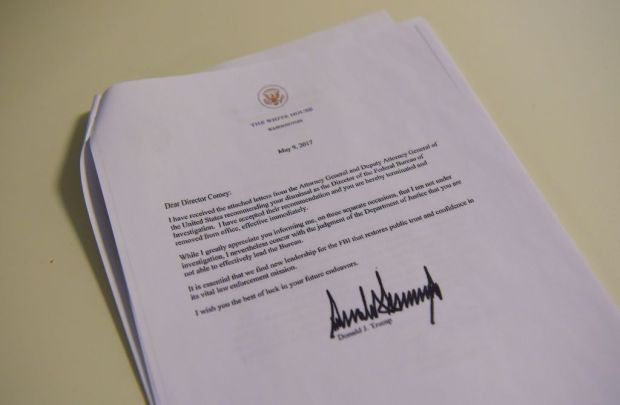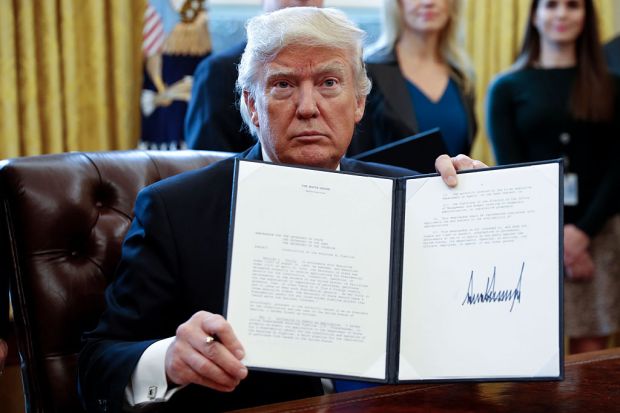BOSTON, UNITED STATES — Professor David Flint made a statement in the last print issue which I’d like to tease out a bit:
Being one of the few commentators who concluded, both on their programs and on the likelihood of their implementing them, that Donald Trump was vastly preferable to Hillary Clinton, I am reassured to see that he is the only leader in office who not only accepts there exists a pincer of evil designed for the purpose of destroying Western civilisation but who is determined to overcome this.
I, too, declared for Trump well before primary voting actually started. And I don’t regret it – because, as David says, the alternative is unfathomable. But I don’t believe the latter part of his statement is any longer tenable. I don’t believe President Trump is as serious about defending the West as Candidate Trump was. His speech at the summit in Riyadh put paid to that idea:
Terrorists do not worship God. They worship death.
And:
Every time a terrorist murders an innocent person, and falsely invokes the name of God, it should be an insult to every person of faith.
And here:
This is not a battle between different faiths, different sects or different civilizations. This is a battle between barbaric criminals who seek to obliterate human life and decent people all in the name of religion.
This is the language of Obama, Abbott, and Cameron. It’s the language of the well-heeled Establishmentarian, not the consummate Outsider. If a US politician had given that speech while Trump was still on the campaign trail, he would’ve condemned it as cowardly, obscurantist pandering. And rightly so. Candidate Trump, from what I saw of him, would’ve identified the Saudis as the worst state sponsors of terrorism on the planet. And, even if it meant losing out on ‘the deal’, he would’ve deplored exonerating them. ‘Law and order’ to me is always attendant on justice, and the Saudis must be brought to justice – not bribed, not appeased.
Professor Flint is also right to point out that
President Trump has now acted to end the undermining of the US economy by unilaterally withdrawing from the Paris Agreement.
But it’s worth noting that Trump didn’t break the GOP consensus in so doing. Republican leadership was overwhelmingly in favour of withdrawing from Paris, and has been since negotiations began. In retrospect, it’s a lot like his repealing Dodd-Frank and overturning Obamacare: any Republican administration would’ve done the same.
President Trump, in other words, hasn’t proven any bolder or more innovative than (say) a President Kasich or a President Rubio would’ve been. Even Comey’s firing was probably inevitable.
At this point in time – and yes, it’s still early; yes, things can still change – I think we can say that the Trump presidency has been a failure insofar as the advancement of Trumpism is concerned.
Now, I’m with Ramesh Ponnuru:
Intellectuals, whether they are for or against Trump, want to construct an ‘ism’ into which they can fit his politics: an ‘ism’ that includes opposition to free trade, mass immigration, foreign interventions that aren’t necessitated by attacks on us, and entitlement reform. But Trumpism doesn’t exist. The president has tendencies and impulses, some of which conflict with one another, rather than a political philosophy.
To me, that’s fine. Trumpism (or the ‘Trumpian impulse’) still has value, even if they can’t be assigned a coherent ideology. That’s generally a fool’s errand – and, anyway, Trump’s supporters probably still consider themselves more or less aligned with one of the older strains of Republicanism. (Fusionism, nationalism, libertarianism, etc.) I’ve never met anyone who calls himself a ‘Trumpist’.
Me? I thought Trump was a promising step back in the direction of traditional conservatism. Anti-market fundamentalism. Anti-adventurism. Pro-nation state. And I still think that those ‘impulses’ will save the West. It mystified me that eminent trads like Roger Scruton and Peter Hitchens didn’t share my optimism. Maybe that was silly.
I can only interpret the Trump phenomenon from my own perspective, but I think (Prof Flint notwithstanding) many others are frustrated that Trump didn’t stumble into their preferred worldview – if not the Burkean than the Reaganite, or the Jacksonian, or the what have you. Glancing around the room, we saw that so many Americans shared our frustrations/‘impulses’ (Trump included) and assumed they’d propose the same solutions.
Vanity of vanities; all is vanity.
So I’m prepared now to accept the end of Trump as an agent of serious change. But I hope the Trumpian impulse will weather any disappointments his presidency yields. It would be a tragedy if the American people concluded that, because Trump couldn’t remain faithful to his own instincts, the instincts themselves were bad. If the collapse of Trumpism breathes new life into a cynical Establishmentarianism, we could definitively say it wasn’t worth the thrills of 2016.
Got something to add? Join the discussion and comment below.
Got something to add? Join the discussion and comment below.
Get 10 issues for just $10
Subscribe to The Spectator Australia today for the next 10 magazine issues, plus full online access, for just $10.


























Comments
Don't miss out
Join the conversation with other Spectator Australia readers. Subscribe to leave a comment.
SUBSCRIBEAlready a subscriber? Log in